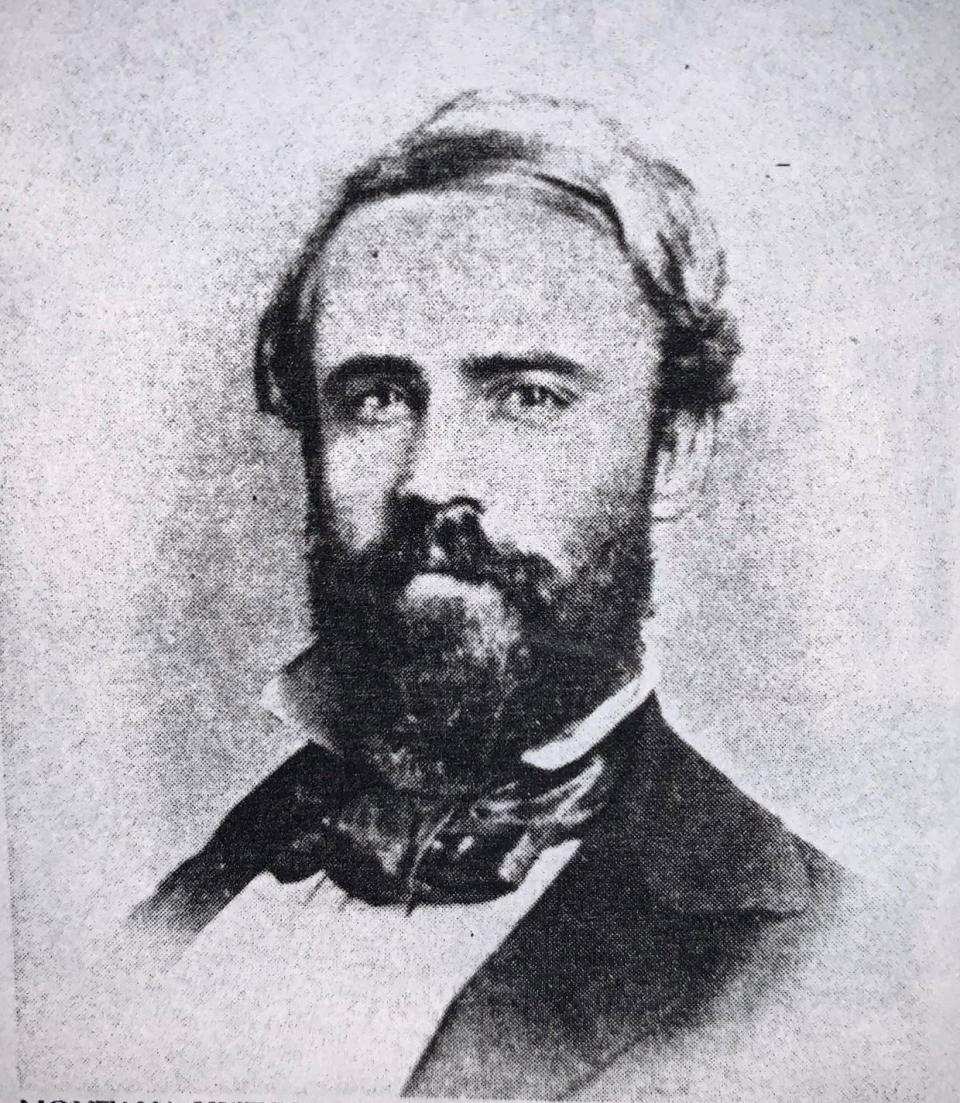'Legacy of community and family and love': Trailblazer Ramona DesRosier dies at 97
Ramona DesRosier, known for her dedication to family, community and country, died on Dec. 22 at 97 years old.
Ramona was born on March 25, 1924 in Old Hays to parents Edward Croff and Mary Katherine Matte. She attended St. Paul's Mission, a Catholic school, through the eighth grade and graduated from Cut Bank High School in 1941.
"She grew up in a time when it was frowned upon to be Indian," said Anne Grant, Ramona's youngest child. "Her culture was being suppressed, so she wasn't a big traditionalist."
Ramona went on to work for the Museum of the Plains Indian but left Montana for Washington, where she worked in the shipyards to assist the war effort. Ramona became a Navy-certified welder and helped build and repair ships, destroyer tenders and aircraft carriers used in WWII, according to an obituary written by her family.
"As a Native American growing up with oppression and disadvantage, she rose above that and felt a lot of pride for her country, even though there were times when she was not seen as an equal in society," said Edward DesRosier, Ramona's son.
Ramona's oldest son Michael DesRosier, who is a Glacier County Commissioner, said his mother loved her time in Seattle.
"It was quite the change for her going from a reservation in Montana to a big city. She had a lot of fun, and I think she felt a lot of independence there," he said.
Ramona later returned to Browning where she worked for the Blackfeet Nation as a stenographer and recorded meetings of the first National Congress of American Indians. She also worked for the Bureau of Indian Affairs, the tribe's oil and gas department, Housing and Urban Development department, community action program and Browning Public Schools.
"Native girls didn't really go into professions in those years," Michael said. "But my mom, she offered up her skills, and that was a big deal at the time."
Ramona, who was Blackfeet and Aaniiih, married Fred DesRosier, who was non-Native, in 1949. At the time, interracial marriages were controversial. Edward said the two had a small ceremony and got married on a weekday.
"You know, it was mixed-race dating and a mixed-race relationship, and people looked down on that. I know that was hard, but it didn't matter to her or my dad," Edward said.
Ramona and Fred weathered adversity together and were married for 67 years. They had six children: Michael, Robert, Edward, Kathryn, Mary and Anne. They have at least 32 grandchildren and 50 great-grandchildren.
In the mid-1980s, Fred and Ramona bought an old railroad depot at Marias Pass and converted it to a restaurant and bar. Ramona managed the dining room at Summit Station, and Fred was the chief bartender for five years.
With the death of their mother, Ramona's children say they have lost a part of their own history. Ramona's relatives survived the Baker Massacre, which occurred on Jan. 23, 1870, when the U.S. 2nd Cavalry, led by Maj. Eugene Baker, reportedly killed 173 members of the Blackfeet Nation at a camp near present-day Shelby.

"She had a personal connection to that part of history and was this bridge between our historyandwhat we've become," said Edward, adding that his mother always maintained a positive attitude, despite the hardship she endured.
Anne said losing Ramona has meant losing a part of herself.
"You lose that sense of groundedness or that part of your identity that was so much more real when she was alive because you could talk to her and ask her about it. It's important to perpetuate (those stories) because that's what makes us who we are. It makes us unique," she said.
Ramona was devoted to her Catholic faith and belonged to the Little Flower Parish in Browning, where she served in various roles.
"She definitely walked in two worlds," Anne said. "As she got older and as times have changed, she certainly embraced her Native heritage even more but, again, it was also intertwined with Catholicism."
Ramona's children remember her as a strong matriarch and say her greatest legacy was her commitment to family. Her children said their mother would often tell stories of her upbringing and loved engaging with people.
https://www.rgj.com/contentpackage/7087534002
"Her legacy is raising a big family and coming from a big family. She was a real pivotal anchor in the community," Edward said. "Hers is a legacy of community and family and love. And really, isn't that the core of humanity?"
In the summer of 2020, the family gathered regularly at their cabin near St. Mary's Lake where they would sit around a fire and visit. Edward said Ramona would often be the last person sitting at the fire, refusing to go inside for bed.
"It's been an adjustment because we were so engaged with her every day," Edward said of losing Ramona. "But with everything she's given us? I think we couldn't be more blessed by her."
In lieu of flowers, Ramona's family said donations can be made to De La Salle Blackfeet or the William Buffalo Hide Academy in Browning.
This article originally appeared on Great Falls Tribune: Native American Navy welder, matriarch Ramona DesRosier dies at 97

